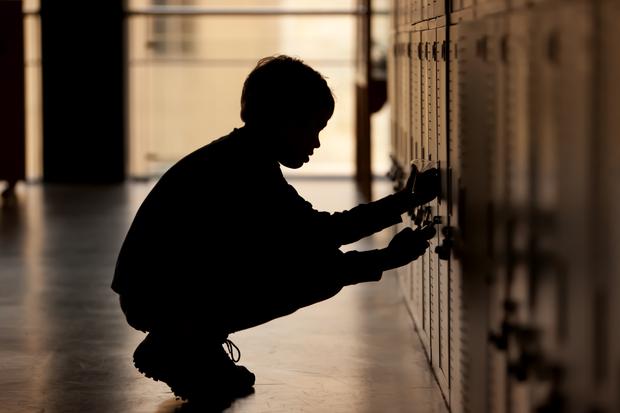The psychology of children who are peer rejected is well-documented in countless peer-reviewed articles. However, the complications and risks of socially isolated children remain a challenge to comprehend.
In a study released in the Journal of Youth and Adolescence, experts at North Carolina State University examined the risks of socially isolated children by assessing the data of more than 1,000 students in the middle stages of grade school.
The young participants were asked about social inclusion or gatherings that may help in assessing their level of isolation, if any. Researchers also gathered input on the behaviors of their peers.
“The present study sought to address this gap in the research by examining the extent to which two aspects of social marginalization, peer rejection and social network isolation, were differentially associated with trajectories of social and behavioral adjustment across two school years in early adolescence,” the researchers said in their news release.
“Peer rejection was positively associated with peer-nominated aggression, both within and across time points, and negatively associated with prosocial behaviors. Conversely, isolation was positively associated with peer-nominated internalizing behaviors, both within and across time points,” the study found.
“Rejection and isolation were each positively associated with peer nominations of victimization. In general, support was found for assessing rejection and isolation as two distinct forms of social marginalization in early adolescence.”
The study was authored by Kate Norwalk, Helen Milojevich, Molly Dawes, Jill Hamm, and Thomas Farmer.


